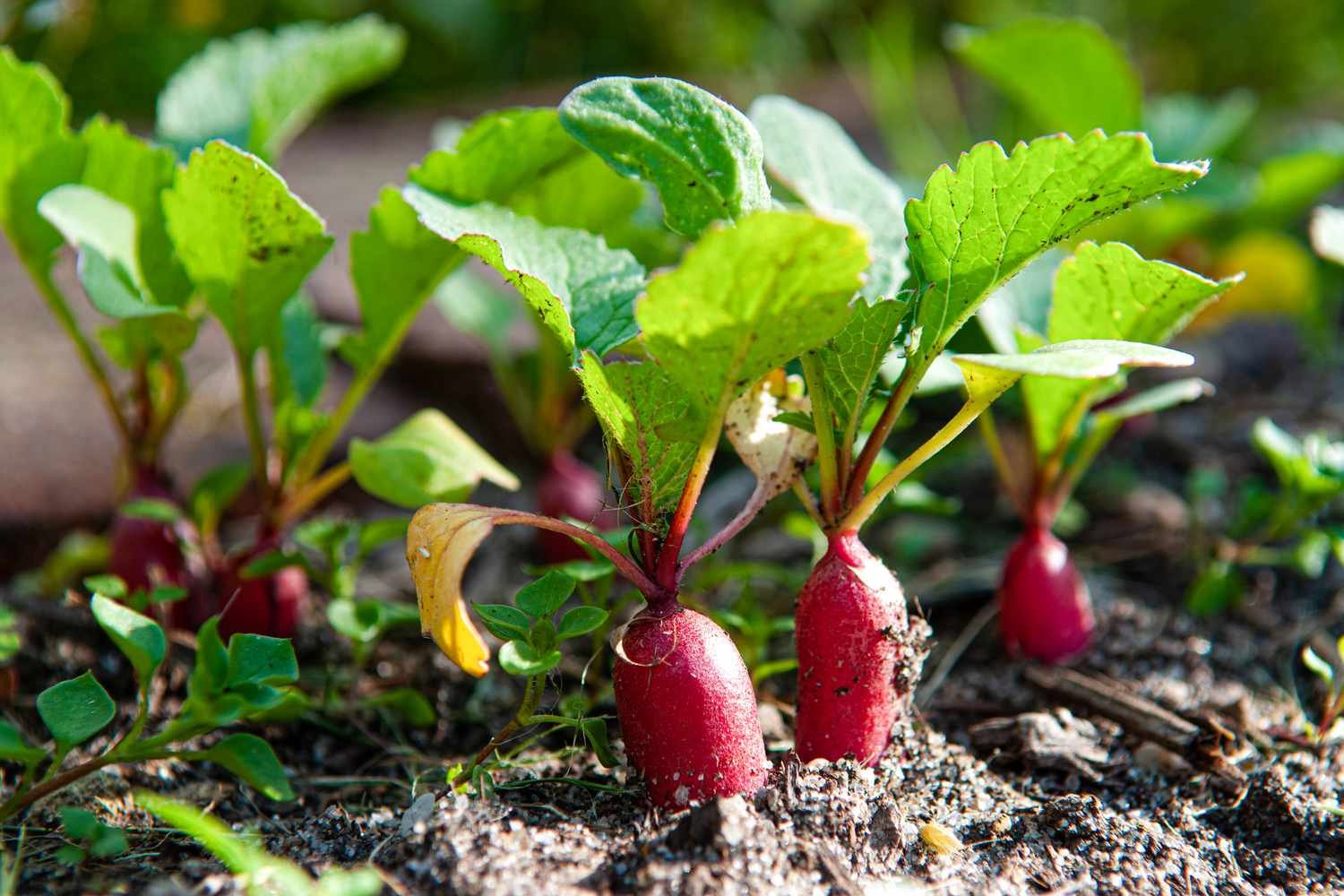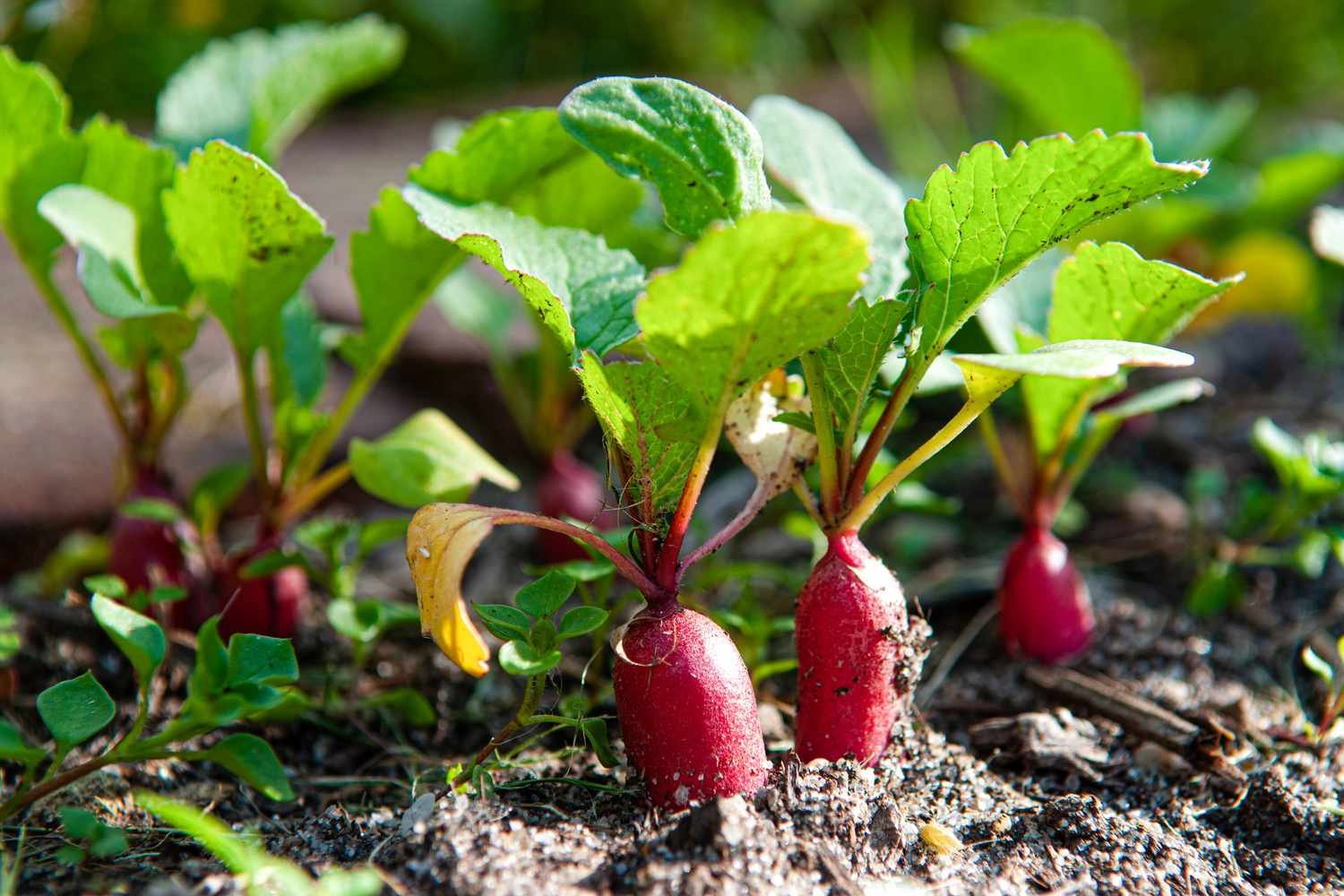In today’s world, where water conservation is increasingly crucial, organic gardening practices offer sustainable solutions that promote efficient water use while supporting healthy ecosystems. Organic gardening prioritizes soil health, biodiversity, and natural methods to cultivate plants without relying on synthetic chemicals or excessive water consumption. By implementing organic practices in your garden, you can reduce water usage, conserve this precious resource, and contribute to a more resilient and sustainable environment. Let’s explore the numerous benefits of organic gardening for water efficiency.

Improving Soil Structure and Water Retention
Organic gardening techniques, such as using compost and mulch, enhance soil structure by increasing its ability to hold moisture. Compost improves soil texture and porosity, allowing water to infiltrate deeply and evenly rather than running off. Mulch acts as a protective layer that reduces evaporation, maintains soil moisture levels, and prevents water loss due to wind or sun exposure. Healthy soil with good structure and organic matter content requires less frequent watering, promoting efficient water use in the garden.
Reducing Water Runoff and Soil Erosion
Organic gardening practices minimize water runoff and soil erosion by maintaining healthy soil structure and reducing compaction. Compacted soils cannot absorb water effectively, leading to runoff that carries nutrients and pollutants into waterways. By avoiding synthetic chemicals and cultivating soil with organic amendments like compost, organic gardeners create porous soil that absorbs and retains water, preventing erosion and protecting water quality in nearby streams and rivers.
Conserving Water with Drip Irrigation and Water-Saving Techniques
Organic gardeners often utilize drip irrigation systems and water-saving techniques to deliver water directly to plant roots where it’s needed most. Drip irrigation minimizes water waste by delivering controlled amounts of water slowly and efficiently, reducing evaporation and runoff compared to traditional sprinkler systems. Techniques such as water harvesting from rain barrels or using drought-tolerant plants further enhance water efficiency, allowing gardens to thrive with minimal irrigation during dry periods.
Promoting Native and Adapted Plant Species
Choosing native and drought-adapted plant species that thrive in local climate conditions is a hallmark of organic gardening. These plants have evolved to survive with minimal water inputs once established, reducing the need for supplemental irrigation. By incorporating native plants into your garden, you can create a resilient landscape that conserves water, supports local wildlife, and enhances biodiversity. Native plants also require less maintenance and chemical inputs, contributing to overall water efficiency and environmental sustainability.
Enhancing Resilience to Climate Variability
Organic gardening practices build resilient gardens that can better withstand climate variability and extreme weather events, including droughts and heatwaves. Healthy soil rich in organic matter retains moisture longer, providing a buffer against fluctuations in rainfall and temperature. Mulching and composting contribute to soil insulation and moisture retention, ensuring plants remain hydrated and healthy during periods of water scarcity. By fostering resilient ecosystems, organic practices mitigate the impacts of climate change on water resources and food production.
Supporting Beneficial Soil Microorganisms
Organic gardening nurtures beneficial soil microorganisms, such as fungi and bacteria, that contribute to nutrient cycling and soil structure improvement. These microorganisms create healthy soil ecosystems that retain moisture and support plant health. Avoiding synthetic pesticides and fertilizers preserves these microorganisms’ delicate balance, promoting long-term soil fertility and water efficiency in the garden.
Conclusion
Embracing organic gardening practices not only promotes sustainable and environmentally friendly gardening but also enhances water efficiency in the garden. By improving soil structure, reducing water runoff and soil erosion, utilizing drip irrigation and water-saving techniques, choosing native plants, building climate resilience, and supporting beneficial soil microorganisms, organic gardeners can conserve water resources and cultivate thriving gardens.
As you incorporate these organic practices into your gardening routine, you contribute to water conservation efforts, protect local water quality, and create a resilient garden that flourishes with minimal environmental impact. Let’s continue to harness the benefits of organic gardening for water efficiency, ensuring a sustainable future for generations to come.









